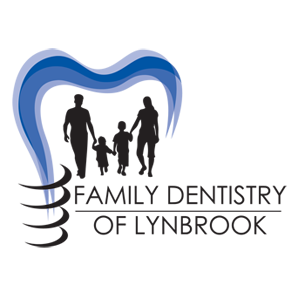Dry mouth, or xerostomia, is caused by an inadequate supply of saliva. Very common in older adults, dry mouth is usually due to medication side effects, but may have other causes.
Do I have dry mouth?
Dry mouth is not a specific disorder, but actually a symptom of another issue. Besides an uncomfortable dryness in the mouth, those suffering from dry mouth may also experience:
- Sore throat
- “Stringy” or “thick” saliva
- Bad breath
- Tooth decay
- Problems speaking and swallowing
Why should I see Dr. Patel about my dry mouth?
For many, dry mouth is just annoying, and not a serious problem. But for some it can lead to other serious conditions. Saliva keeps the tissues in our mouths well lubricated, keeps out teeth clean, and helps digest food. Inadequate saliva can be uncomfortable, lead to problems eating and speaking, and contribute to tooth decay.
What causes dry mouth?
While aging itself is responsible for some dry mouth, most cases are due to the side effects of medications. There are literally hundreds of medications that list dry mouth as a side effect. Dr. Patel can help determine the particular causes of your dry mouth, and help rule out rare but more serious conditions.
What can I do about my dry mouth?
If a medication is the cause, your physician may be able to prescribe an alternate medication. Many common sense approaches will also help, including taking frequent sips of water and stimulating saliva with sugar free gum or candy. Reducing your intake of caffeine, carbonated beverages and alcohol may also help.
What can Dr. Patel do about my dry mouth?
Consult Dr. Patel to rule out some serious conditions that reduce the flow of saliva. Once he has ruled out other causes, Dr. Patel will recommend some simple remedies. There are also some oral rinses and artificial saliva products available. He will recommend that you be especially vigilant about oral hygiene, since inadequate saliva can increase your chance of tooth decay.

